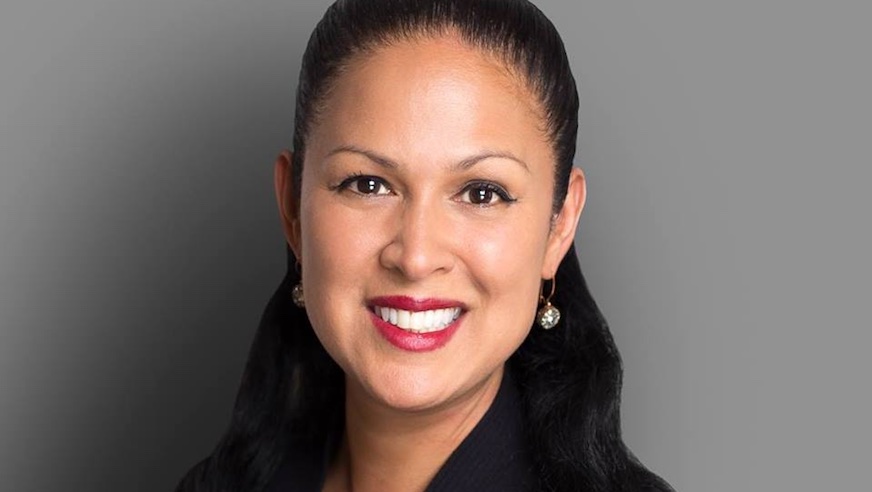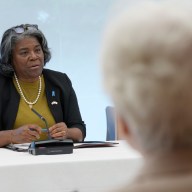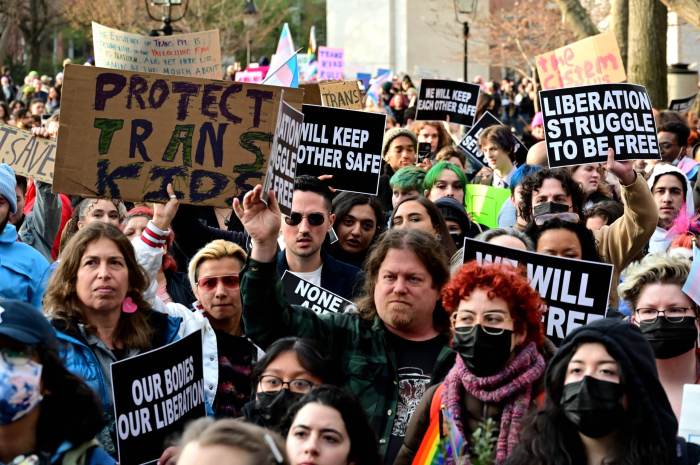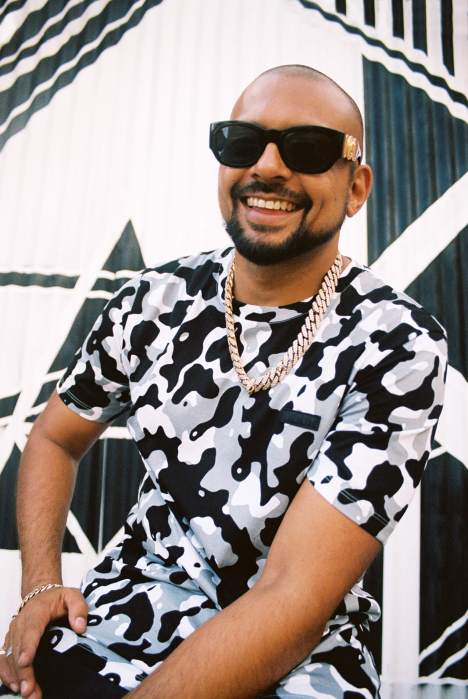A history professor in college told me the unthinkable: that no one ordinary person could ever make a difference.
Human beings, said Dr. David Kaiser, were like grains of sand swept up in geo-political trends that blew around in a random universe, powerless, unable to wield input or influence in any direction. I disagreed with Professor Kaiser then, decades ago in a classroom at Carnegie-Mellon University, and I definitely disagree with him now. One person can have real influence — but in my experience as a political candidate, that means getting on the ballot.
The idea is trending. Look around at all the women, minorities and young people — groups historically unrepresented — entering races in 2018 and we have a new era of disrupters hellbent on changing the status quo. Like myself, most of them never considered a career in politics. But when faced with the terrifying chaos and the destructive nature of a Trump presidency on crucial issues of economic equality, women’s rights, worker protections and racial and immigrant justice, it was time for all of us to take the leap.
I got my feet wet during the days of Occupy Wall Street, where I placed myself on the frontlines of protest with colorful agitprop,”Revolution Is Sexy,” to spread imagery in the mainstream media in hopes of influencing public opinion. But even regularly published memes hardly came close to the platform that a bid for City Council provided. My run against councilman Corey Johnson last year gave me the forum to talk policy and publish editorials about issues I felt were being ignored: getting real estate money out of politics, revisiting permanent affordable housing and passing the Small Business Jobs Survival Act to protect small businesses. The reaction was immediate, with activists approaching me, editors wanting my talking points and strangers at bus stops asking me for housing advice. It didn’t matter that I had no name-recognition and little money, my message was getting through and people were listening.
And they still are listening. Us normal folks who challenge incumbents may not win, but we can keenly influence by pushing the issues and holding our elected officials accountable. So all you ordinary citizens out there — the middle-school teacher, the immigration lawyer, construction worker and millennial activist — run for office! Your presence alone will make a difference. There is a growing constituency for those that can’t be bought and those who can identify with the needs of regular people. If you fit that bill, and you want to improve people’s lives, it’s time to take a stand. Our future depends on it.
How to run for office?
– Determine which issues really matter to you — often candidates take on a particular issue which urgently needs to be resolved, that can help define your candidacy to the public.
– Find out which public offices are open to you, and also find out how many petition signatures you will have to get for a particular office. Smaller offices and smaller parties (like the Green Party) require fewer signatures.
– Contact organizations and network with people who can help you. Often the women’s organizations dedicated to running progressive Democratic candidates will have the manpower to help you knock on doors.
– Build a team: campaign manager, publicist, treasurer, social media experts, volunteers to help spread the message of your campaign.
– Create a winning strategy that draws on tools available to you.
– Hire a fundraiser to raise campaign money, get matching funds for city races.
– Get out on the street and meet your constituents, listen to the concerns of your community.
– Stay true to who you are, your integrity is what will keep you relevant.
Learn More This Weekend
“How An Ordinary Citizen Runs for Public Office,” is a panel discussion moderated by lawyer, journalist and former City Council candidate Marni Halasa at the Left Forum Conference (https://www.leftforum.org/) this weekend at the John Jay School of Criminal Justice, 899 10th Avenue. Based on the experiences of several political candidates, Ms. Halasa, Sander Hicks, Michael Friedman and activist Louis Flores, the discussion aims to inspire regular people to run for office and demonstrate an election infrastructure that shows effective strategies on campaigning as a citizen outsider.
















